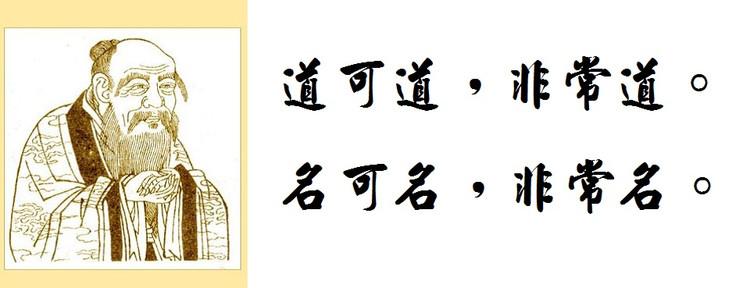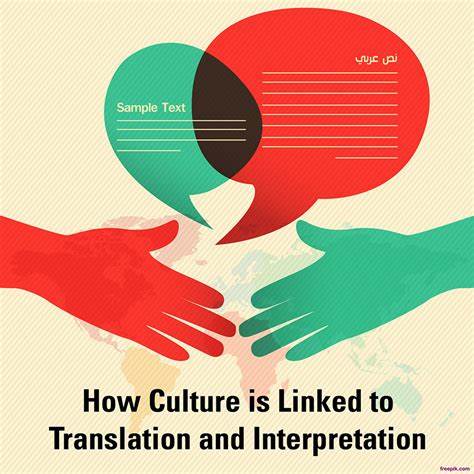译可译,非常译;忘其形,得其意。得意,理解之始;忘形,表达之母。故常忘形,以观其徼;故常得意,以观其妙。此两者同出,而异名同理。得意忘形,取舍有度。此翻译之“道”也。
据考生回顾,3.21日高口翻译考试涉及《道德经》的部分内容,例如:
“人法地,地法天,天法道,道法自然。”
【注释】出处为《道德经》第25章。意即:在广阔无垠的宇宙中,人受大地的承载之恩,所以其行为应该效法大地,而大地又受天的覆盖,因此大地应时时刻刻效法天的法则而运行。这是太上千古不易的密语,是老子思想精华之所在。
译文: Man follows the earth. The earth follows the universe. The universe follows the Tao. The Tao follows nature.
“天人合一”
【注释】“天人合一”为中国哲学思想,儒、道、释等诸家各有阐述。天指天空,也指天道,还指自然大道,道家道教所说的天,多指自然、天道。天人合一,多指人与道合而“天地与我并生,万物与我为一”的境界,也指天人相合相应。
译文:harmony between man and nature; unity of man and nature

以下我们结合一篇传统文化类的翻译真题来解读此类翻译中的得意忘形、取舍有度。
中华文明历来注重亲仁善邻,讲求和睦相处。
【译文】The Chinese civilization has always given prominence to cordiality, benevolence, and good neighborliness, seeking to live in harmony with others.
【解析】“亲仁善邻”可译为benevolence and good neighborliness或associating with good gentlemen and befriending good neighbors.
中国人在对外关系中始终秉承“强不执弱”、“富不侮贫”的精神,主张“协和万邦”。
【译文】In foreign relations, the Chinese people have always advocated that “the strong should not oppress the weak and the rich should not bully the poor”, and that “all nations live in perfect harmony”.
【解析】“强不执弱,富不侮贫”选自《墨子.兼爱》,原文是:天下之人皆相爱,强不执弱,众不劫寡,富不侮贫,贵不敖贱,诈不欺愚。可译为:When all the people in the world love one another, then the strong will not overpower the weak, the many will not oppress the few, the wealthy will not mock the poor, the honored will not disdain the humble, and the cunning will not deceive the simple.
中国人提倡“海纳百川,有容乃大”,主张吸纳百家优长、兼集八方精义。
译文:The Chinese uphold that “one should be as inclusive as the ocean, which is vast because it admits hundreds of rivers” and call for drawing upon other’s strength and experiences.
解析:对这种多修饰词语的表达,英译时一般可采用避虚就实的做法,在翻译过程中可作适当删减,也可适当改译,或将其意隐含在译文中,而不必一味照字面直译,确保译文准确、地道、流畅。

今天,中国坚定不移地走和平发展道路,既通过维护世界和平来发展自己,又通过自身的发展来促进世界和平。
【译文】Today, China commits itself firmly to peaceful development, accelerating its development by upholding world peace and promoting world peace through its own development.
【解析】汉语中多个动词连用的结构较为常见,英语中一般将其中的主要部分用动词表达,其余部分则用分词或其他方式表达,各分句结构之间为主从关系。因而汉译英时,要根据这些特点,把汉语的并列结构转为英语的主从结构。
中国坚持实施互利共赢的对外开放战略,真诚愿意同各国广泛开展合作,真诚愿意兼收并蓄、博采各种文明之长,以合作谋和平、以合作促发展,推动建设一个持久和平、共同繁荣的和谐世界。
【译文】China firmly pursues a strategy of opening-up for mutual benefit and win-win outcomes. It genuinely wishes to enter into extensive cooperation with other countries. It is eager to embrace everything that is useful and draws on the strengths of other civilizations to pursue peace and development through cooperation and promote the building of a harmonious world of enduring peace and common prosperity.
解析:遇到汉语长句时,翻译方法之一是拆分重组,即把一句译作几句。这样意思明了,行文利落,合乎英语的表达习惯。此外,本句中的“真诚愿意......”和“以合作......”出现了两次,英语则可通过合并省略避免重复,文字也显得简洁明了。
协和万邦all nations live in perfect harmony
海纳百川,有容乃大one should be as inclusive as the ocean, which is vast because it admits hundreds of rivers
天行健,君子以自强不息As Heaven keeps vigor through movement, a gentleman should unremittingly practice self-improvement.
天下为公 the world is for all
天下兴亡,匹夫有责everybody is responsible for the rise or fall of the country
以人为本people-oriented
民惟邦本,本固邦宁people are the foundation of a country; when the foundation is stable, the country is in peace
天地之间,莫贵于人nothing is more valuable in the universe than human beings
勿以善小而不为,勿以恶小而为之 Do not refrain from what you think is petty benevolence and do what you think petty evil.
人而无信,不知其可也a man without trust can hardly accomplish anything.
合则强,孤则弱unity means strength, while isolation means weakness.







